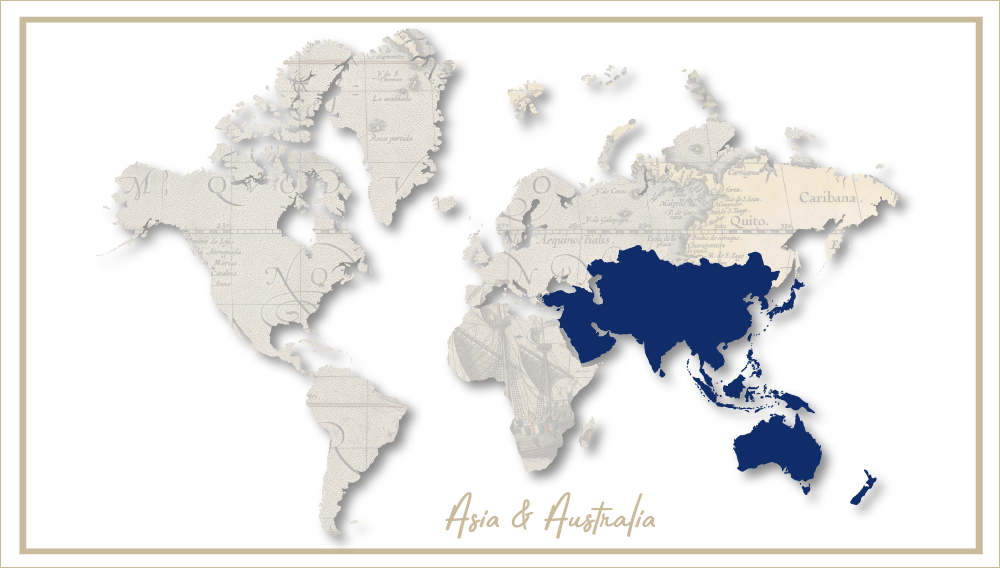Call it a U-turn
San Miguel has taken investors by surprise when it announced that it was going to get out of beverages and into heavy industries.
Southeast Asia’s largest food and beverage group, San Miguel, is in talks to sell a stake in Australia’s National Foods Group, its biggest overseas business, to Kirin Holdings as it seeks funding for a shift into heavy industry.
San Miguel and Japan’s second-largest brewer both confirmed in July that they were in preliminary negotiations. Kirin is a long-time partner of San Miguel and owns 20 percent of the Philippine food and beverage group.
According to reports in the media, San Miguel is looking at selling up to 49 percent of National Foods, which it bought for AUD 1.9 billion (USD 1.6 billion) in 2005 in its biggest acquisition, to pay off debt and fund a move into mining, power and infrastructure.
The Japanese might consider buying into National Foods a clever strategic move as they already have a brewing interest in Australia through a 46 percent stake in Lion Nathan.
The Australian Financial Review said that Kirin might make a bid of over AUD 2.0 billion for National Foods, whose operating income rose 10 percent in 2006 to AUD 170 million, aided by the integration of Australian juice maker Berri, which San Miguel had bought earlier.
It was reported that investors in the Philippines welcomed the company’s move to trim its multi-billion dollar debt pile. Criticism, though, was voiced by some analysts who argued that the sale of such a large stake was detrimental to San Miguel’s profits. Last year National Foods contributed 37 percent to San Miguel’s operating profit.
Moreover, many question San Miguel’s intended move into new non-allied businesses, in which the brewer has no experience. The group, which was founded as a brewery in 1890, took on billions of dollars in debt to fund a regional spending spree several years ago that was meant to reduce its dependence on a maturing home market. Earlier this year San Miguel had disposed of its Coca-Cola business. Now it’s selling a large chunk of its Australian business, which it only bought a couple of years ago. San Miguel’s strategy can at best be described as zigzag. Less generous investors will probably call it erroneous.
Paring down debt is always a prudent thing to do. But the move into heavy industries is not going to come cheap and debt is likely to pile up again.
San Miguel’s debt stood at 138 billion pesos, or USD 3 billion, at the end of 2006, compared to 32 billion pesos three years ago. Its debt to equity ratio is 90 percent, it was reported.
The group also plans to raise USD 500 million in a hybrid bond issue this year.

